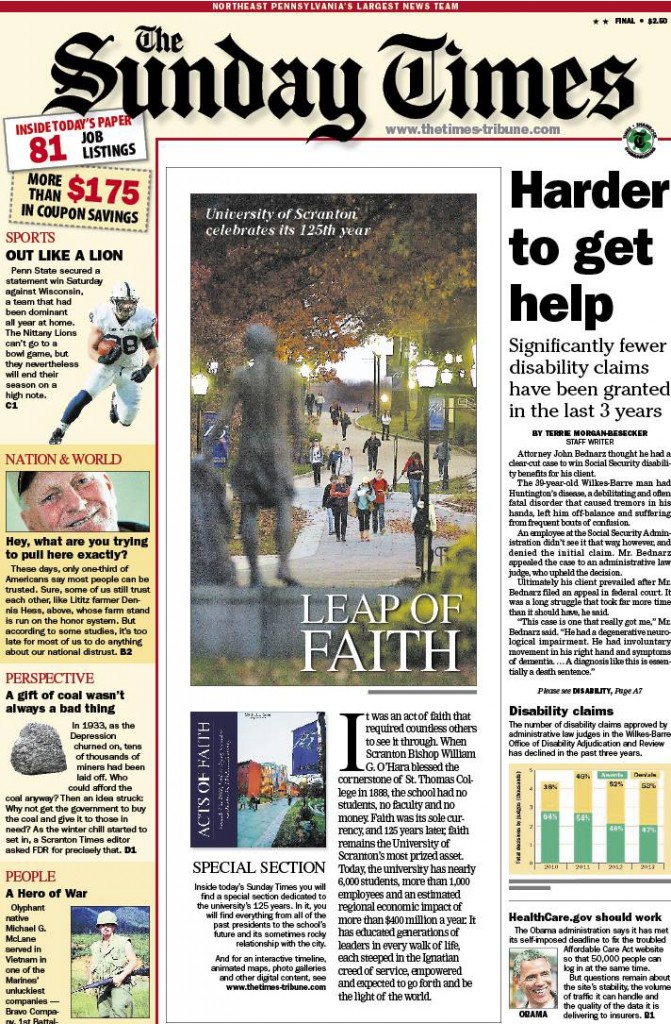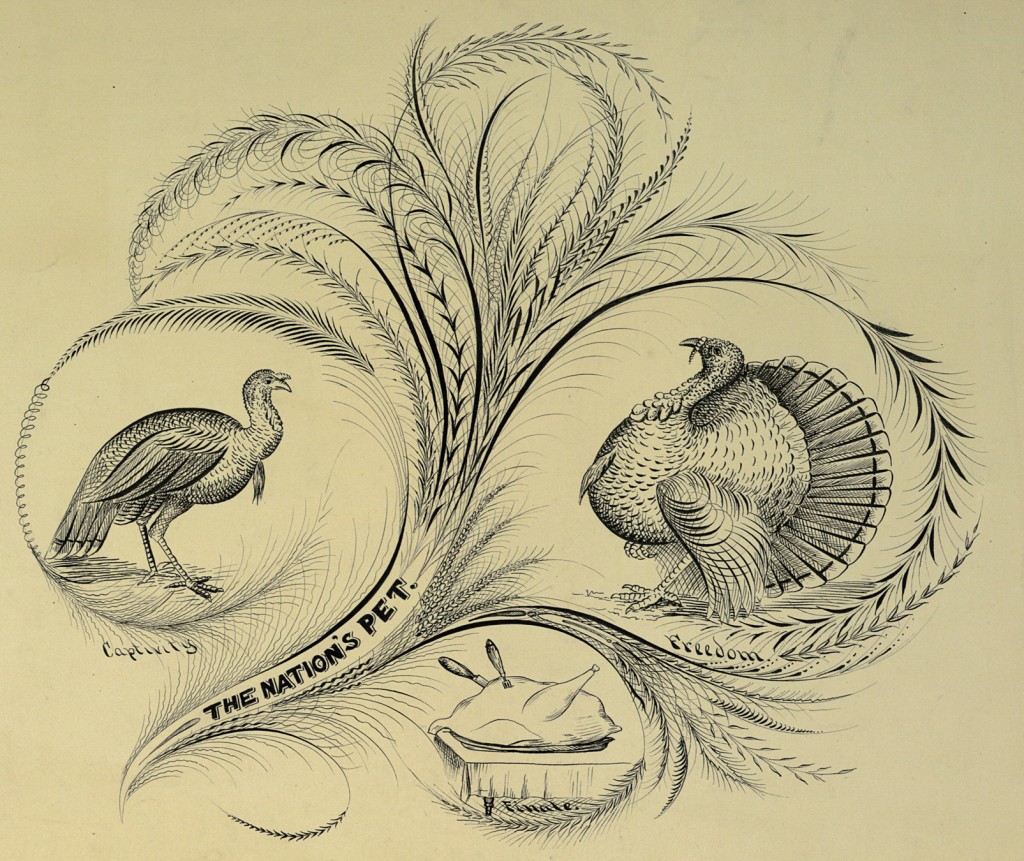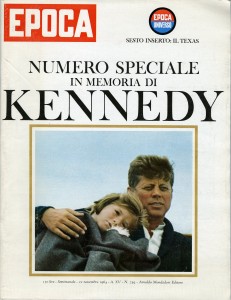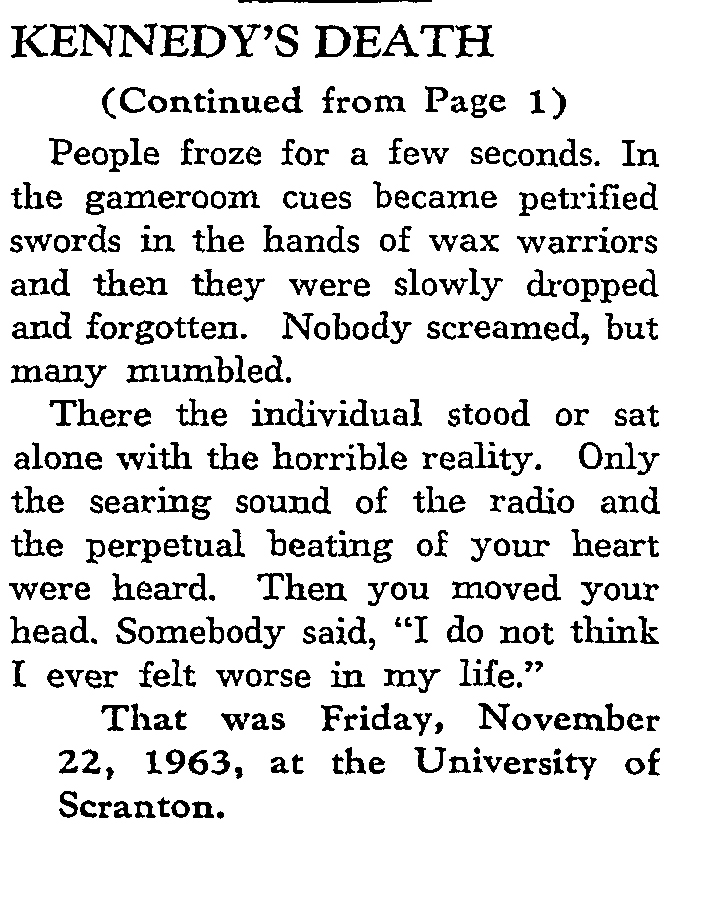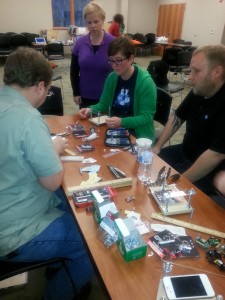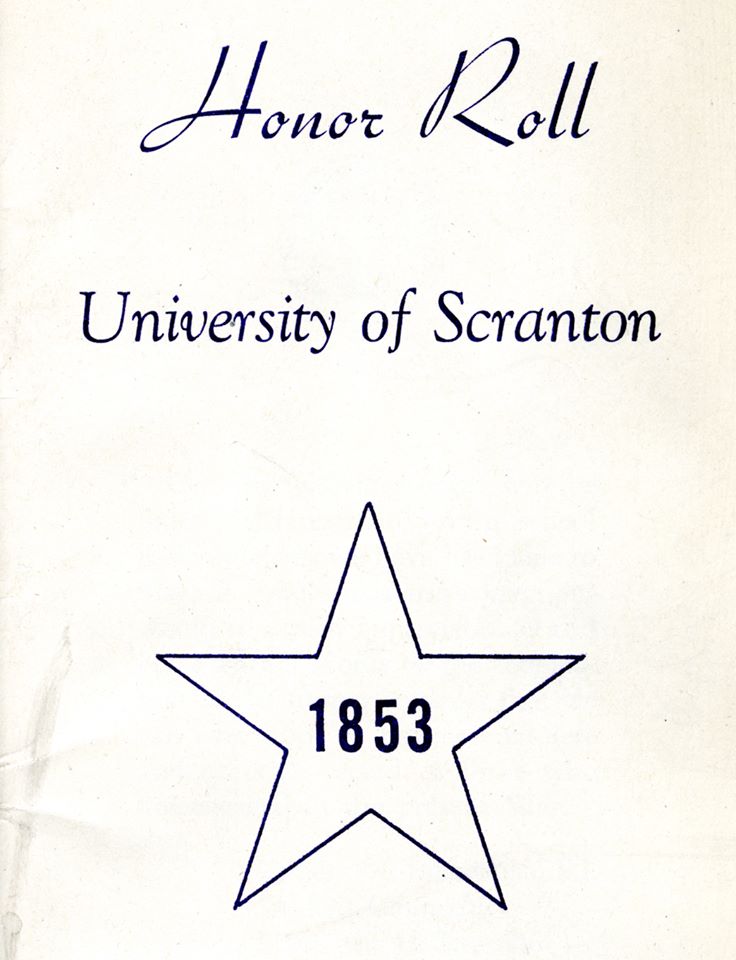Now that we’ve all had our turkey, it’s nose to the grindstone as we head into dead week and final exams. The Library will be open extended hours, beginning tomorrow night, for late night studying. Here’s our schedule for the next two weeks:
| Monday, December 2: | 8:00am – 11:30pm |
|---|---|
| Tuesday, December 3: | 8:00am – 12:00am |
| Wednesday, December 4: | 8:00am – 12:00am |
| Thursday, December 5: | 8:00am – 12:00am |
| Friday, December 6: | 8:00am – 10:00pm |
| Saturday, December 7: | 9:00am – 10:00pm |
| Sunday, December 8: | 12:00pm – 12:00am |
| Monday, December 9: | 7:00am – 2:00am |
| Tuesday, December 10: | 7:00am – 2:00am |
| Wednesday, December 11: | 7:00am – 2:00am |
| Thursday, December 12: | 7:00am – 2:00am |
| Friday, December 13: | 8:00am – 10:00pm |
| Saturday, December 14: | 8:00am – 4:30pm |

